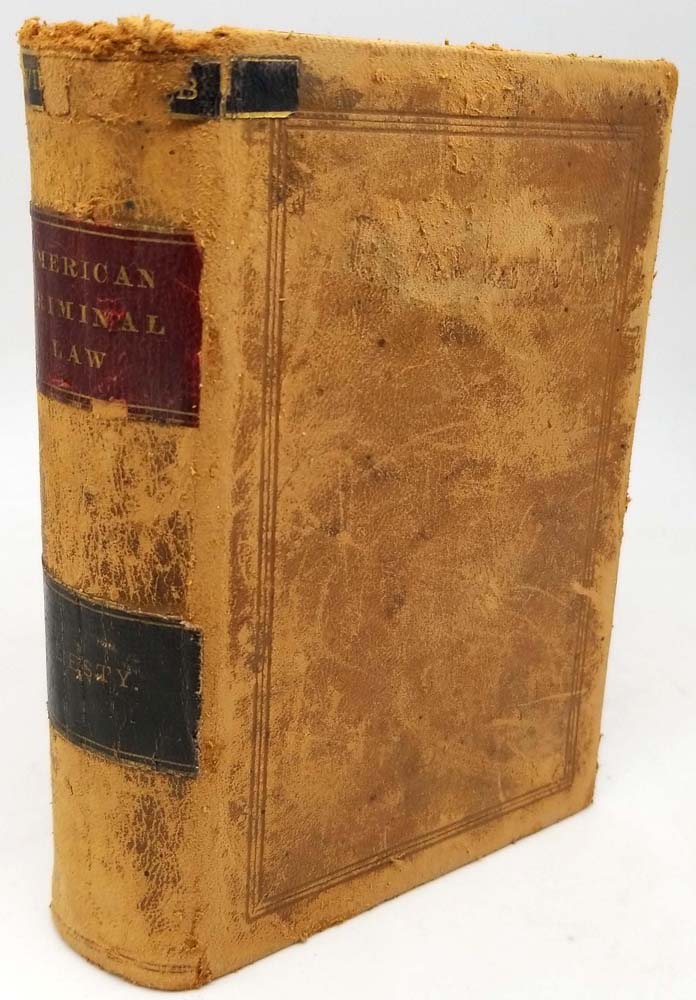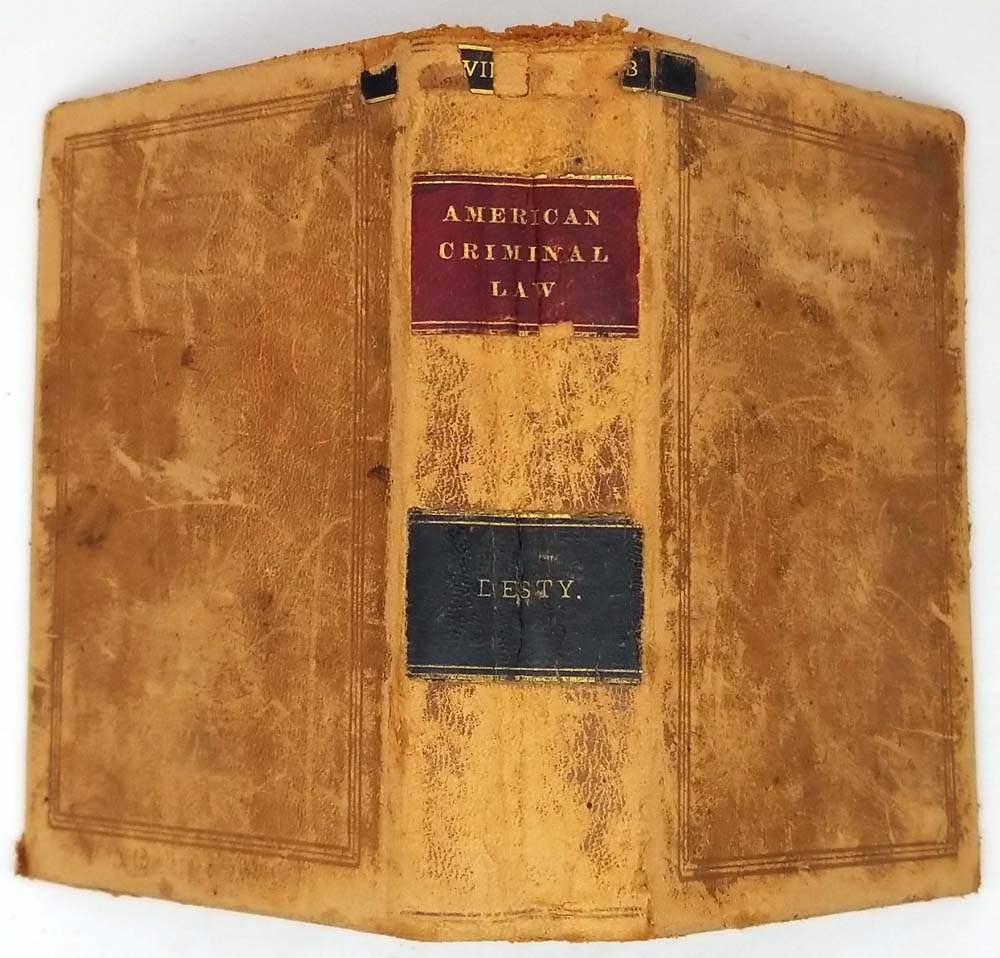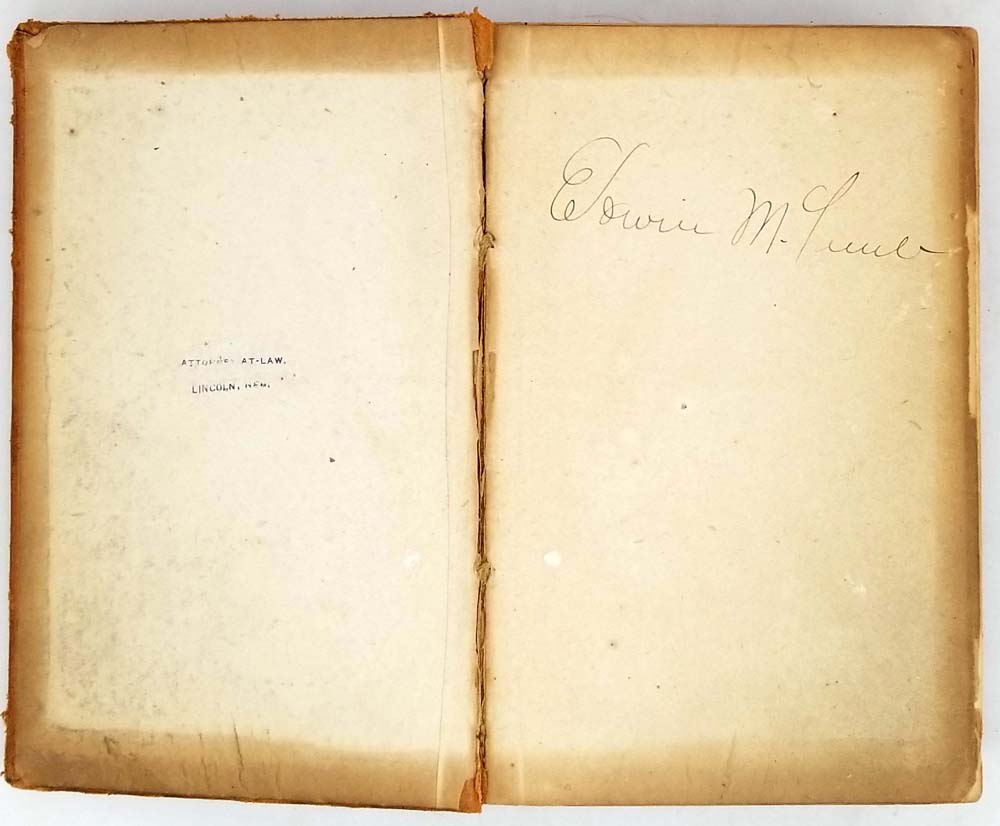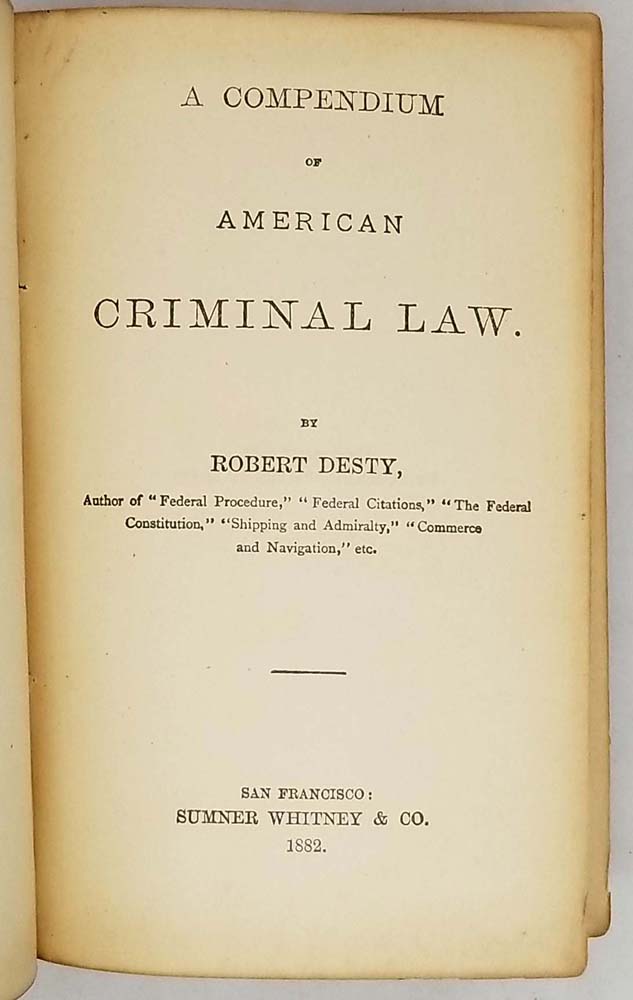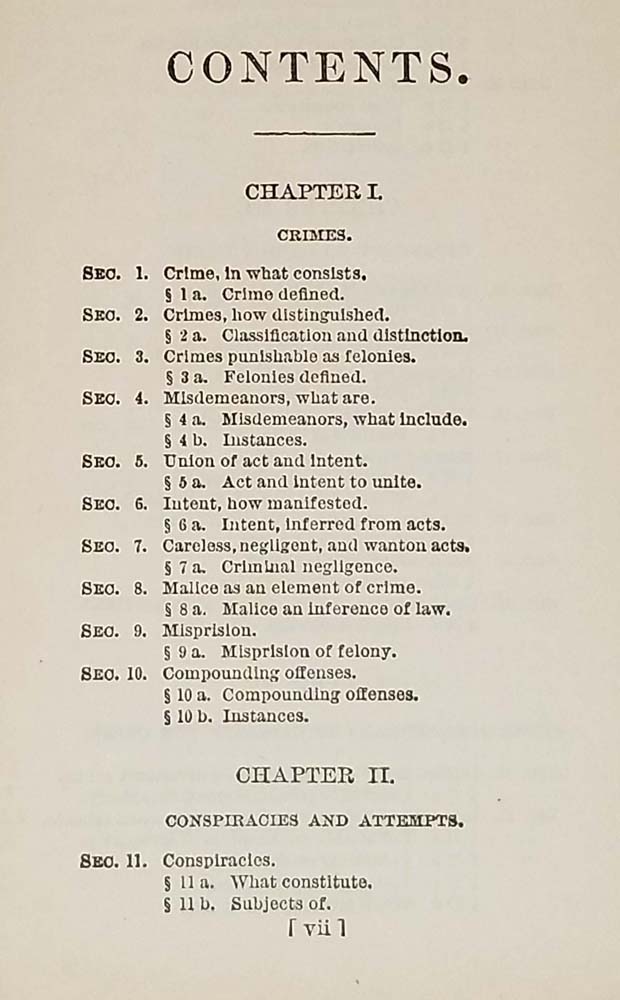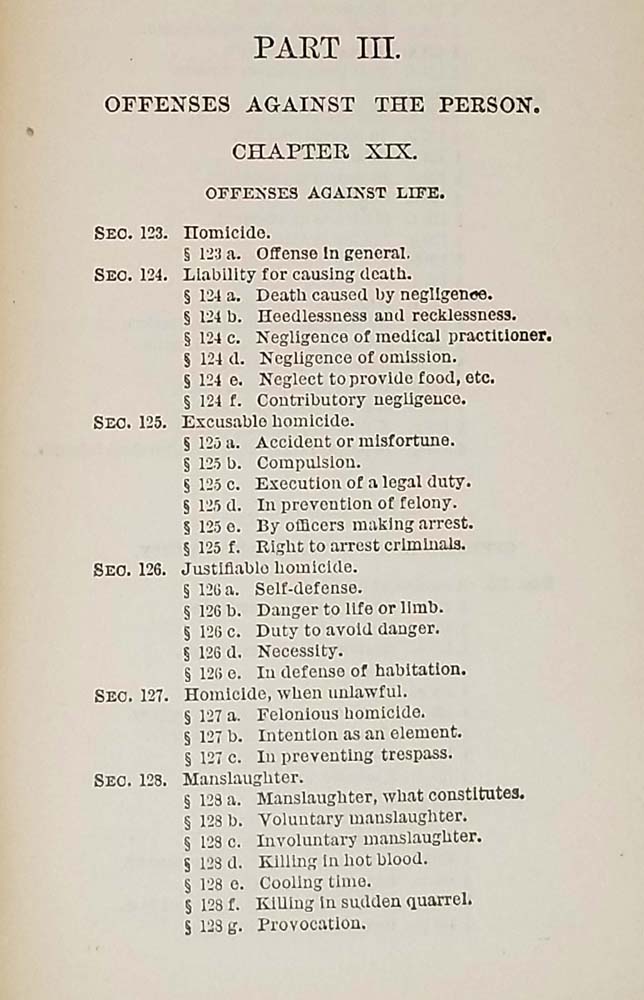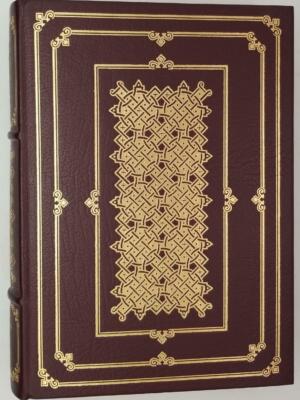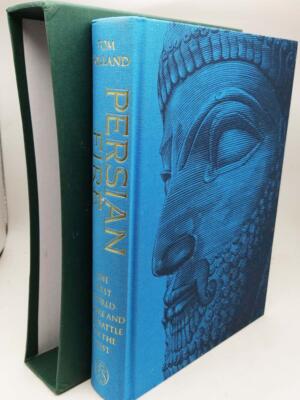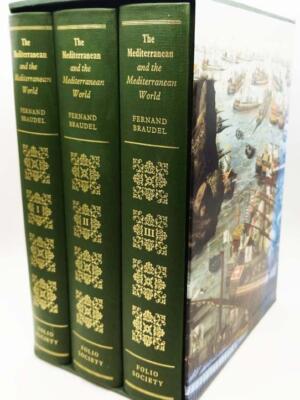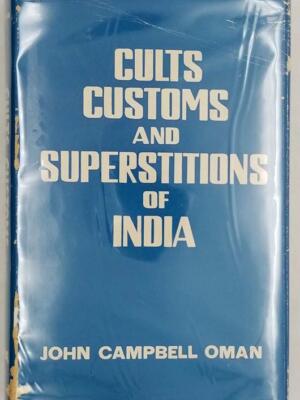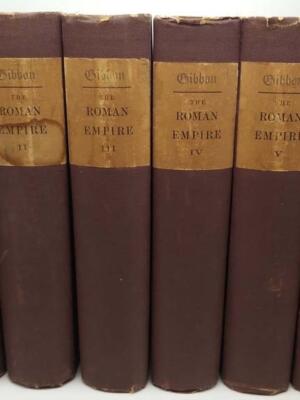A Compendium of American Criminal Law (1882) by Robert Desty is a foundational legal treatise that systematically organizes and analyzes the principles of criminal law as practiced in the United States during the late 19th century. As a prominent legal scholar and editor of Desty’s American Reports, Desty synthesizes statutes, case law, and legal commentary into a comprehensive reference for practitioners and students of his era.
Key Features:
- Doctrinal Coverage: Examines elements of crimes (homicide, theft, fraud), defenses (insanity, self-defense), and procedural rules (arrest, evidence).
- Historical Context: Reflects post-Civil War legal developments, including evolving standards of intent and the influence of common law traditions.
- Comparative Analysis: Contrasts state laws, highlighting regional divergences (e.g., Southern vs. Northern interpretations of property crimes).
While outdated by modern standards (e.g., no discussion of constitutional due process post-14th Amendment), the Compendium offers insight into the Gilded Age’s legal mindset—particularly its moralistic tone and emphasis on property rights.
For researchers of: Legal history, 19th-century jurisprudence, or the evolution of criminal codes.
